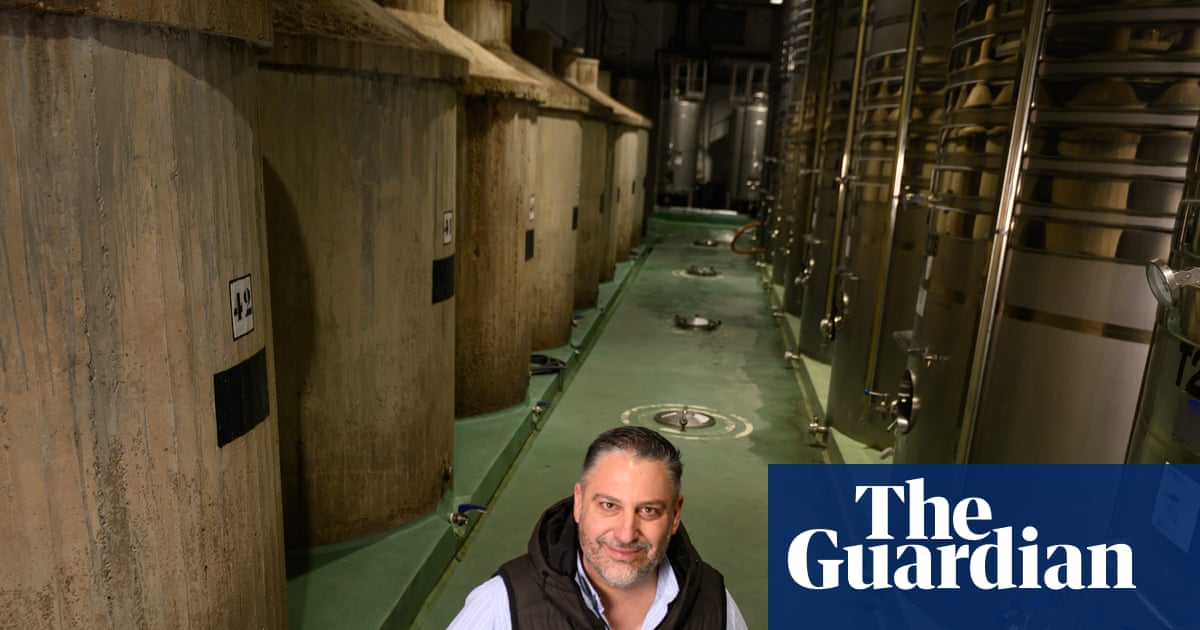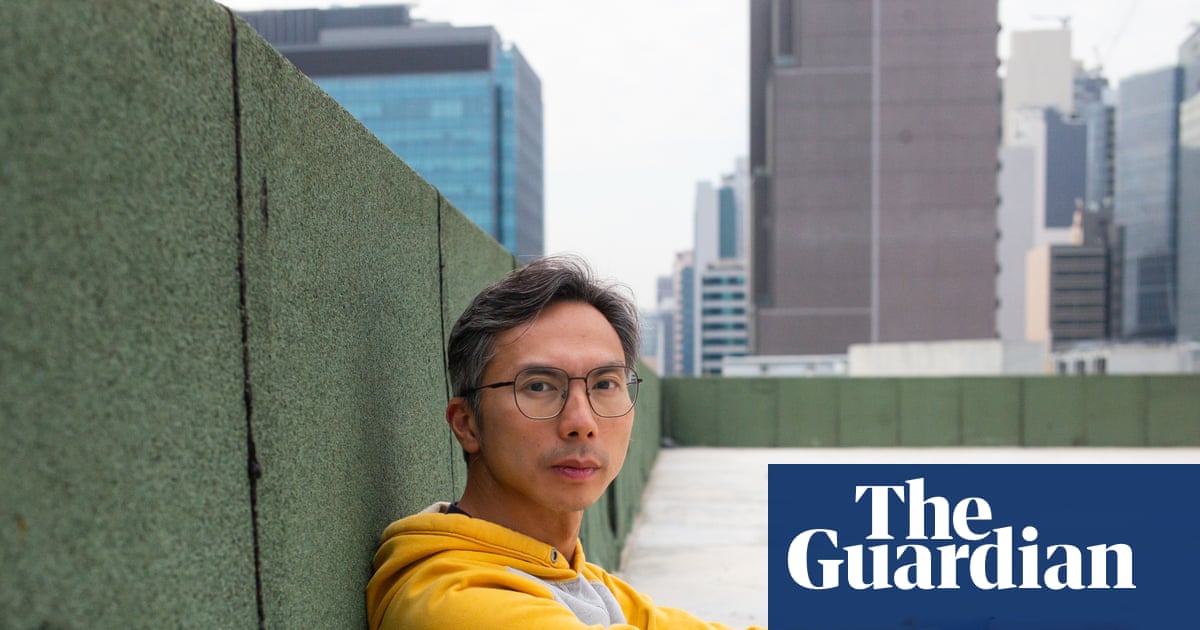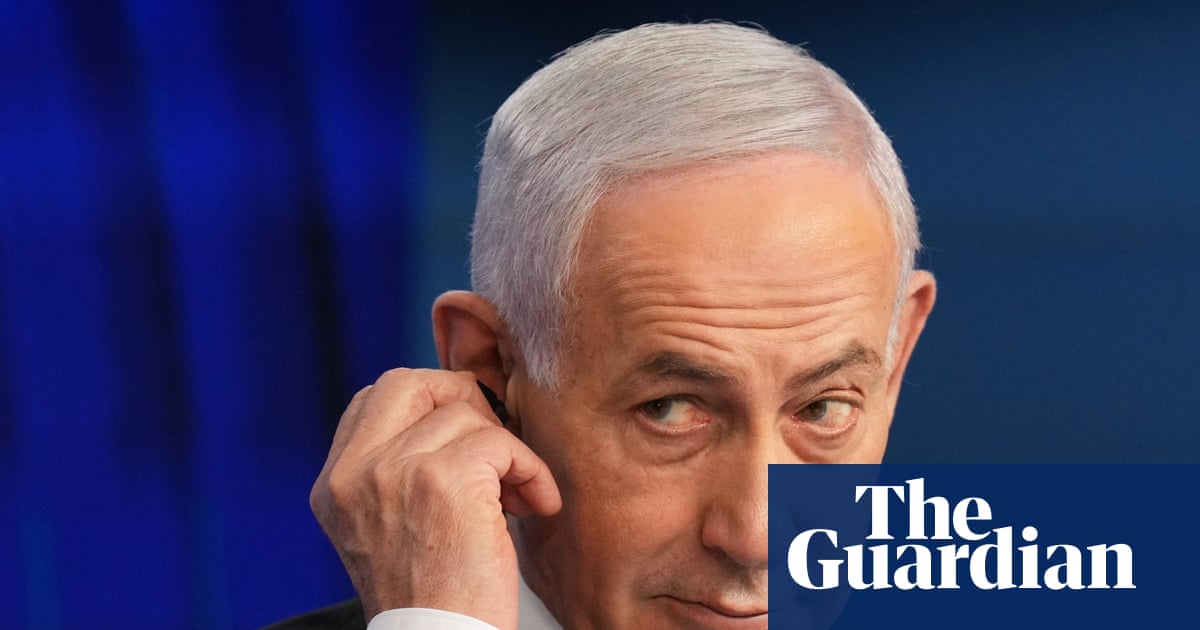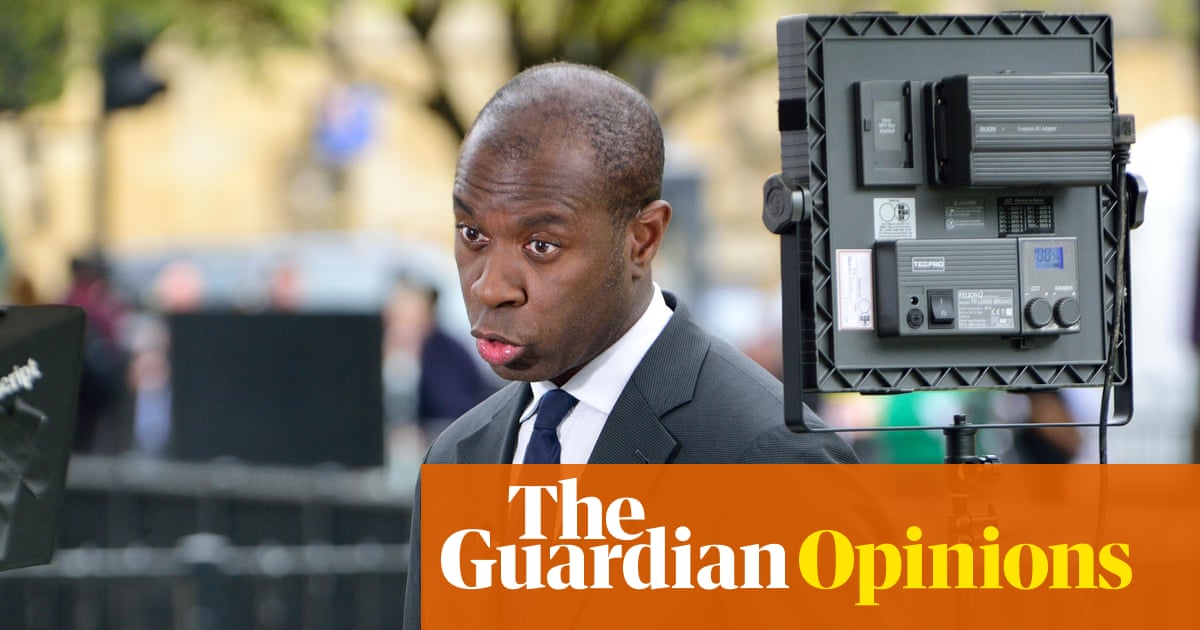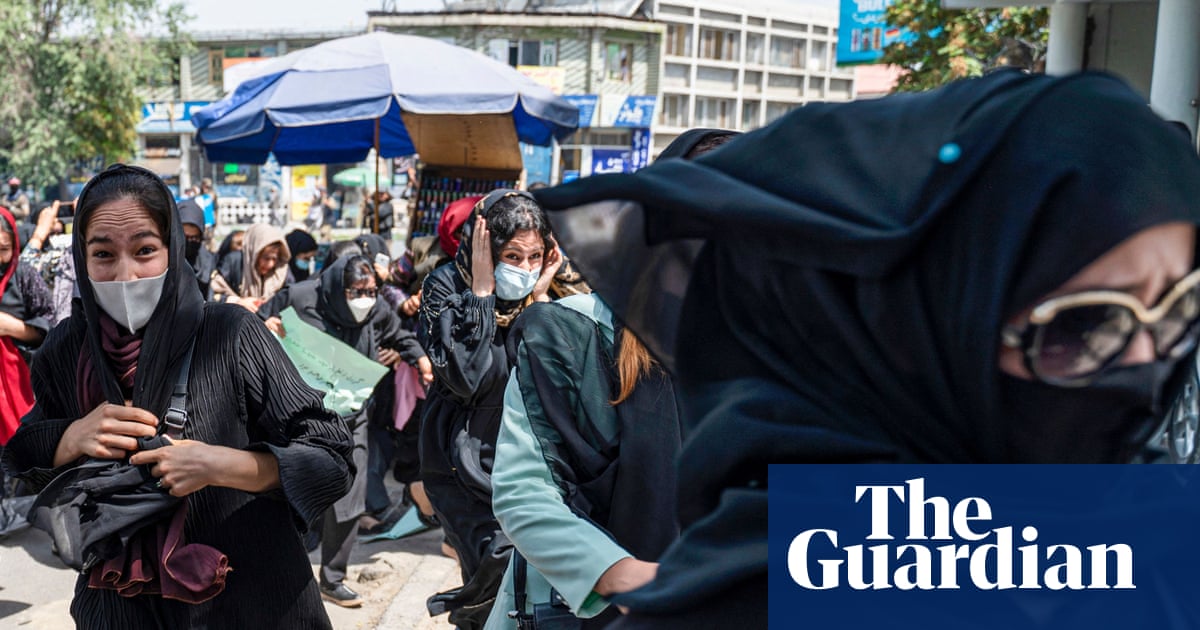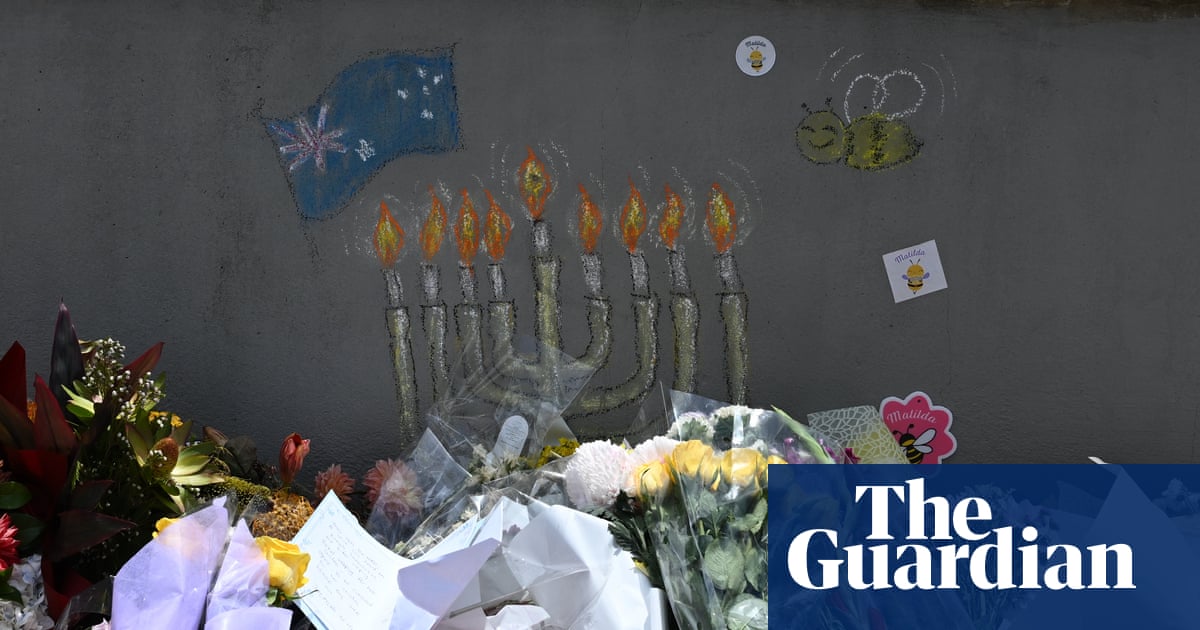The man who will become Thailand’s next prime minister after securing the backing of the majority of lawmakers in parliament on Friday is a staunch royalist and conservative with an eclectic mix of passions and hobbies.
Among other things, Anutin Charnvirakul, 58, is an advocate for cannabis legalisation, a pilot who has used his private jets to deliver organs to transplant patients, a saxophonist and street food enthusiast.
On social media, he can be seen crooning at karaoke, playing the sax to 80s Thai pop, or cooking fried rice dressed in shorts and T-shirt.
But despite his casual, everyman persona, Anutin is a shrewd political operator. The son of a former cabinet minister, he comes from a family that owns one of Thailand’s biggest construction companies responsible for some high-profile developments, including Bangkok’s main airport.
He has helped build his party, Bhumjaithai – meaning “proud to be Thai” – into the main conservative force in parliament, carefully navigating old power struggles that have long dominated Thai politics, building alliances where politically expedient.
His party lacks a strong ideology, analysts have noted, except for its strong support for Thailand’s powerful monarchy. After the last election, Anutin’s lawmakers helped block a pro-reform party that won the most seats and votes, citing the party’s commitment to amending Thailand’s strict lese majesty law, under which criticism of the king can lead to 15 years in prison. One of Anutin’s MPs gave a fervent speech to parliament at the time defending the law, asking: “How about I propose a law allowing people to shoot those insulting the monarchy?”
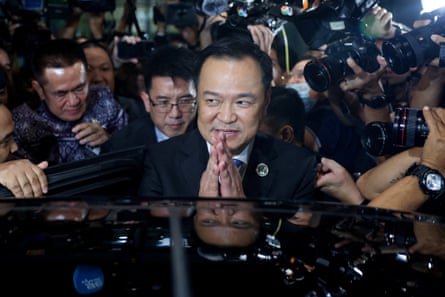
Anutin was awarded the Chulachomklao Order, Second Class, and the Rattanaporn Medal, Third Class by the palace, the only civilian politician at the time to receive the honour. “In a country where symbols hold immense significance, it is not a stretch to interpret this as the anointing of a new conservative successor,” wrote Napon Jatusripitak, a visiting fellow at ISEAS – Yusof Ishak Institute.
Anutin has previously served as a former deputy premier, interior minister and health minister, and was responsible for the decriminalisation of cannabis. The latter has proved controversial. The legal change was criticised for being clumsily rushed through without any safeguards, creating an explosion of weed shops. Anutin says his focus was always on medical cannabis, but an initial legal vacuum led to unease among the public, while subsequent rule changes have created huge uncertainty for small businesses that invested money in the sector.

Anutin’s party is the third biggest in parliament, meaning he is hardly most people’s first choice prime minister. But Thailand’s tumultuous political system created a window of opportunity for him to take office.
Rulings by the notoriously interventionist constitutional court meant there were few other options. Thailand’s biggest party, the People’s party (formerly Move Forward), could not offer a nominee for prime minister because its only qualifying candidate had been banned by a court ruling. The same court has also banned two prime ministers from the second largest party, Thaksin Shinawatra’s Pheu Thai. This includes Thaksin’s daughter Paetongtarn Shinawatra, who was removed from office last week, and her predecessor Srettha Thavisin, who was removed a year earlier.
Anutin came to power only after People’s party lawmakers agreed to support his bid provided he committed to an election in four months’ time, and a possible referendum on rewriting the constitution – a crucial target of its MPs, who want the system to be more democratic.
Some have questioned if Anutin – who has broken as well as brokered past alliances – will keep his commitments.
If he does call an election, he will at least have an incumbent’s advantage. Leaving parliament on Friday, Anutin told the media: “I will work my hardest, every day, no holidays, because there is not a lot of time.”

 3 months ago
55
3 months ago
55
